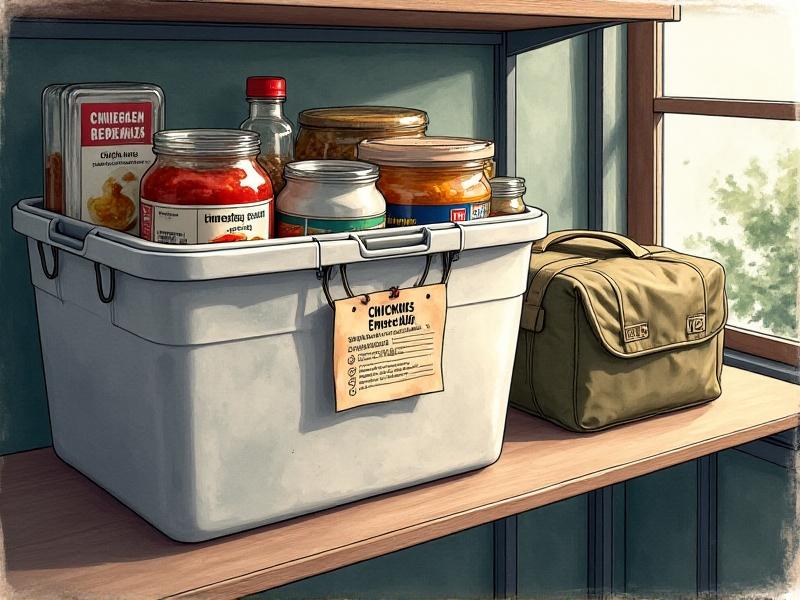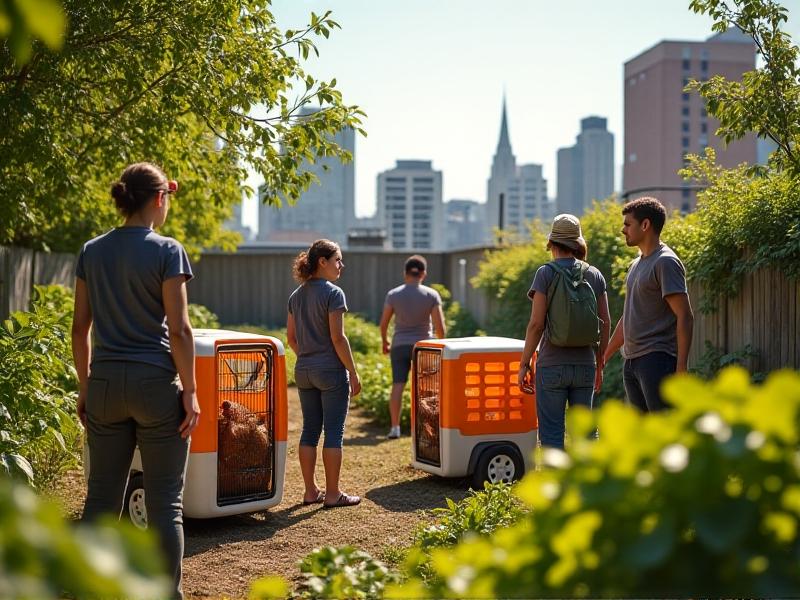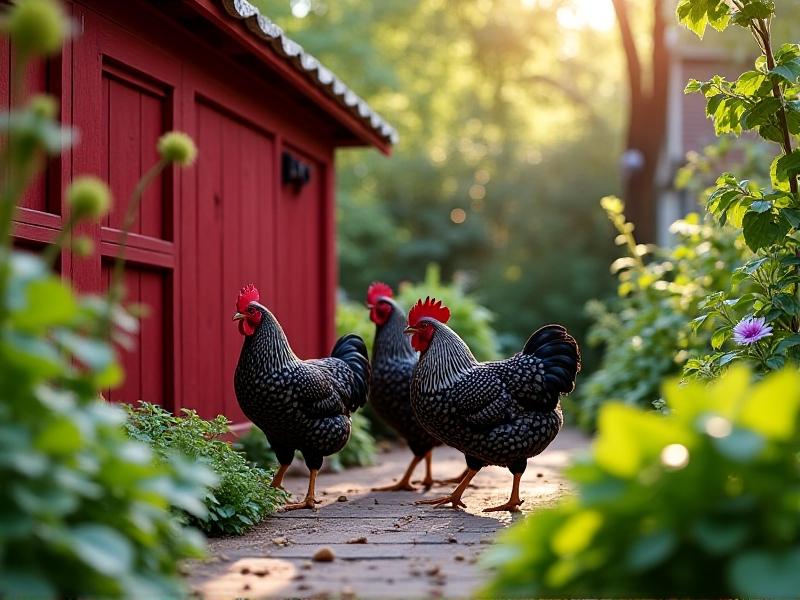The Urban Chicken Emergency Plan: Preparation is Protection
The Urban Chicken Emergency Plan: Why Preparation Matters

Urban chicken keeping has surged in popularity, blending sustainability with fresh eggs and feathered companionship. Yet, city environments pose unique risks—power outages, extreme weather, and disease outbreaks—that can turn a thriving coop into a crisis overnight. Unlike rural settings, urban areas lack infrastructure for livestock emergencies, leaving owners unprepared. A proactive plan isn’t just practical; it’s a lifeline for chickens who depend entirely on human care.
Building a Disaster-Proof Coop: More Than Just Shelter

A secure coop is your flock’s first line of defense. Start by reinforcing walls with hardware cloth instead of chicken wire, which deters raccoons and rodents. Elevate the coop to avoid flood damage, and install automatic door closers to protect against nocturnal predators. For extreme weather, anchor the structure with ground stakes and insulate nesting boxes. Solar-powered battery backups can maintain heat lamps during outages, critical for chicks and cold snaps.
The 72-Hour Flock Kit: Essentials for Survival

Every urban chicken keeper needs a dedicated emergency kit. Stockpile one gallon of water per bird daily, plus electrolyte supplements to prevent dehydration. Store feed in airtight containers with oxygen absorbers—opt for high-protein options to reduce stress. Include avian-specific first-aid items: styptic powder, vet wrap, and antiseptic spray. Don’t forget a carrier for evacuations; collapsible crates save space and keep hens secure.
Evacuation Drills: Training Your Flock (and Yourself)

Chaos reigns during crises unless you’ve rehearsed. Train chickens to enter carriers using mealworm rewards, making evacuations faster. Map multiple exit routes in advance, noting which roads flood or congest. Partner with a neighbor who can assist if you’re away—share access codes and contingency plans. Document each bird’s health status and photos in a cloud-based folder for quick reference.
Post-Crisis Recovery: Healing Your Flock and Coop
After disaster strikes, assess both physical and emotional damage. Check chickens for stress-induced behaviors like feather pecking or reduced egg laying. Deep-clean the coop with vinegar solutions to avoid harsh chemicals. Replace contaminated soil and monitor for mold. Reach out to local poultry groups for support—shared experiences rebuild confidence and communities.
Strength in the Flock: Building Urban Chicken Networks
Isolation magnifies emergencies. Join neighborhood apps or poultry clubs to share resources like generators or vet referrals. Organize skill swaps—coop repairs for egg sales—to build mutual aid. During lockdowns or supply shortages, these networks become critical. Remember, a prepared community doesn’t just survive; it thrives.







